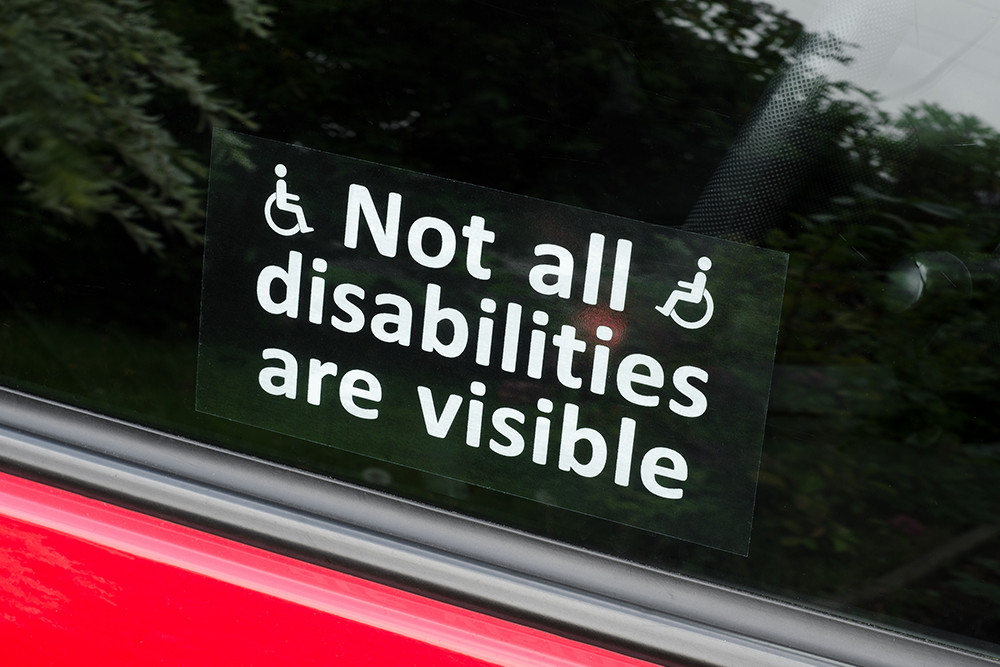
UK law prohibits anyone from being discriminated against because they suffer from a mental health problem. Employers must take measures to guard against mental health discrimination at work.
But it isn’t easy always to identify mental health discrimination in the workplace. This guide on mental health discrimination at work will help you create a safer environment for everyone.
What is Mental Health Discrimination at Work?
Everyone has the right to receive fair treatment at work. No employee should be discriminated against simply because of who they are, what they believe in, or because they have a disability or health condition.
Mental health discrimination is when a person is mistreated or disadvantaged because of a mental health issue. This can include acts such as bullying or harassment, being passed over for a promotion, or not having adequate resources or facilities. Discrimination is illegal and can result in legal action being taken against your business.
To ensure a safe workplace, employers must know what mental health discrimination means and how to avoid it.
What Laws Cover Mental Health Discrimination?
The Equality Act 2010 was enacted to protect people from discrimination. It ensures that everyone has the same opportunities and access to work. The Act makes it illegal to discriminate against people because of:
- Age
- Disability
- Gender reassignment
- Marriage and civil partnership
- Pregnancy and maternity
- Race
- Religion or belief
- Sex
- Sexual orientation
The Equality Act 2010 classifies any mental health issue that has a long-term impact on a person’s day-to-day health as a disability. Because of this, issues of mental health discrimination at work fall under its jurisdiction. The penalties for breaching the Act include civil enforcement procedures, being charged with a criminal offence, or fines of up to £5,000.
Types of Mental Health Discrimination
People with mental health problems are often discriminated against in the workplace.
Various types of mental health discrimination can occur. Under the Equality Act, 2010 types of disability discrimination include:
- Direct discrimination
- Indirect discrimination
- Harassment
- Victimisation
- Failure to make reasonable adjustments
- Discrimination by association

Let’s take a closer look at each type of mental health discrimination.
1. Direct Discrimination
Direct discrimination is when people are treated differently because of their mental health conditions. An employee might be denied a new role because of their mental health issues, for example. This is direct discrimination.
2. Indirect Discrimination
The broad definition of indirect discrimination is when regulations or procedures put a person with a disability at a disadvantage. Sometimes, indirect discrimination can be ruled as justified and lawful. If an employee takes medication that makes them sleepy, then they may not be suitable for some roles, for example.
3. Harassment
Harassment is when a person is deliberately persecuted because of their disability. This can be any acts or words that take away someone’s dignity or make the workplace unpleasant for them.
4. Victimisation
Victimisation is when a person with a disability complains about mental health discrimination at work and is then mistreated. If an employee complained about co-workers harassing them and was then denied a promotion, this would be victimisation.
5. Failure to Make Reasonable Adjustments
Having a mental health issue at work is nothing to be ashamed of. But many people suffer in the workplace in silence, for fear of being judged or not knowing how to ask for help.
Employers must make reasonable adjustments to the workplace for employees with disabilities.
Reasonable adjustments can include the following:
- More supervision, support, or training
- Flexibility with shifts
- Offer part-time roles or working from home
- Allow someone to attend medical appointments
6. Discrimination by Association
Discrimination by association happens when someone is discriminated against because they have a relationship or an association with a person with a disability.
A recent example of discrimination by association is the case brought against PricewaterhouseCoopers (PwC).
Justin LaHood was employed as a tax partner in PwC’s financial services division. He claimed he was forced into early retirement due to his support of a disabled colleague who had brought legal action against the firm. At the time of writing, the case is still ongoing.
What to Do About Mental Health Discrimination at Work
The Equality Act 2010 requires employers to make reasonable adjustments to the workplace to protect employees from mental health discrimination.
There are several things you can do to create a safer, more equitable workplace for everyone:
- Assess all notes from GPs about an employee’s disability and make reasonable adjustments to the workplace.
- Provide employees with an occupational health assessment.
- Arrange a gradual return to work system for employees that have been absent for mental health reasons.
- Consult with your employees. Some employees may benefit from a remote working arrangement. Others may require a change of shifts or the opportunity to take on part-time work.
- Providing increased levels of supervision or training can also be beneficial.
- Encourage mental health awareness at work. This can reduce the stigma associated with mental health problems.
Where Can You Find Mental Health Awareness Training?
Mental health awareness training helps employees to support co-workers with mental health issues. It also teaches employees with mental health issues what their rights are at work. This training can help employers recognise when employees are facing mental health discrimination.
Our Mental Health Awareness Training course teaches people how to deal with mental health issues at work. Trainees learn how to overcome the stigma around mental health. You learn what steps can be taken to improve work culture and avoid mental health discrimination in the workplace.






















































































































































































































































































































































































































































































































































































































































































































































